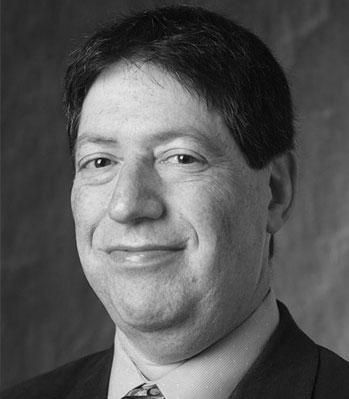
Professor Gross received his Ph.D. from 'Brooklyn Poly' (Polytechnic University) working on Polymer Stereochemistry (synthetic chemistry) and then performed postdoctoral research with Robert Lenz at UMASS Amherst on the synthesis/properties of polyhydroxyalkanoates (i.e. bacterial polyesters).
His research is motivated by the urgent need to develop sustainable chemicals and materials to meet the demands of a rapidly rising global population while mitigating risks of increased green-house gas emissions asociated with climate change. Gross is focusing the groups inventiveness on research that has the potential to revolutionize the way we synthesize next-generation chemicals and materials as well as improve human health. For this purpose, the group is combining the best chemical and biocatalysts to develop efficient green routes to low molar mass molecules, polymers and materials. He is also applying green chemistry principles to develop next-generation therapeutics. For this, we look to nature for tailorable bioactives and use a variety of tools to create matrices for tissue engineering and bioresorbable biomaterials. The result of our emphasis on implementing green chemical principles is the development of synthetic routes that operate under mild reaction conditions (e.g. low temperature, ambient pressure, avoid toxic reagents) that increase worker safety, improve reaction efficiencies (i.e. atom economy) while avoiding protection-deprotection steps. By working this way we increase the chance that we develop will be scalable and used.